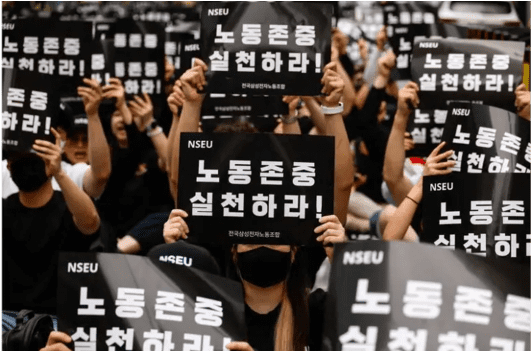
The June US Nonfarm Payrolls (NFP) data showed an increase of 206,000 jobs, exceeding expectations.
Political uncertainty and the People's Bank of China's pause in gold purchases influence gold market dynamics.
Recent technical developments in the gold market, including breaking the triangle formation and subsequent rally, indicate the potential for higher prices.
Despite a bullish outlook, further consolidation is possible before a significant surge.
The recent US Nonfarm Payrolls (NFP) data revealed a rise of 206,000 jobs in June, surpassing the market expectation of 190,000, despite a downward revision from 272,000 to 218,000 for May. The unemployment rate increased to 4.1% and the wage inflation declined to 3.9% year-over-year. These mixed employment signals have increased the likelihood of a rate cut by the Federal Reserve in September. Additionally, political developments in France, where the left-wing New Popular Front led by Jean-Luc Mélenchon is poised to win a significant number of seats, add to the global economic uncertainty. Meanwhile, the People's Bank of China (PBoC) has paused its gold purchasing program, potentially waiting for a further price pullback. These factors collectively influence gold prices, providing a complex backdrop where the prospect of lower interest rates, political uncertainty, and central bank purchasing strategies are likely to drive market dynamics and investor behaviour in the coming months.
Bullish Trends in Gold Prices
The announcement of the NFP data has dropped the US Dollar Index and boosted gold prices. Since the gold market broke the triangle formation on Wednesday and formed an inside candle on Thursday, the break above Thursday's high on Friday initiated a strong rally, closing the price at higher levels. The red line was the first resistance of this breakout where the gold closed the last week. A clear break above this level may initiate another surge higher. The breakout of the triangle suggests higher prices, but the risk environment remains, as June was a correction month. It looks like the price is preparing for higher levels, but the possibility of consolidation before the surge cannot be ignored.
Bottom line
In conclusion, the increase in US employment, despite mixed signals in wage inflation and unemployment, has increased the likelihood of a Federal Reserve rate cut, boosting gold prices while weakening the US Dollar Index. Political uncertainties in France and the pause in gold purchases by the People's Bank of China further contribute to the complex economic landscape, indicating potential volatility ahead. The gold market's recent technical developments, including breaking the triangle formation and the subsequent rally, suggest readiness for higher prices. However, the possibility of consolidation before another significant surge remains, necessitating careful observation by investors as the market navigates these multifaceted influences.




